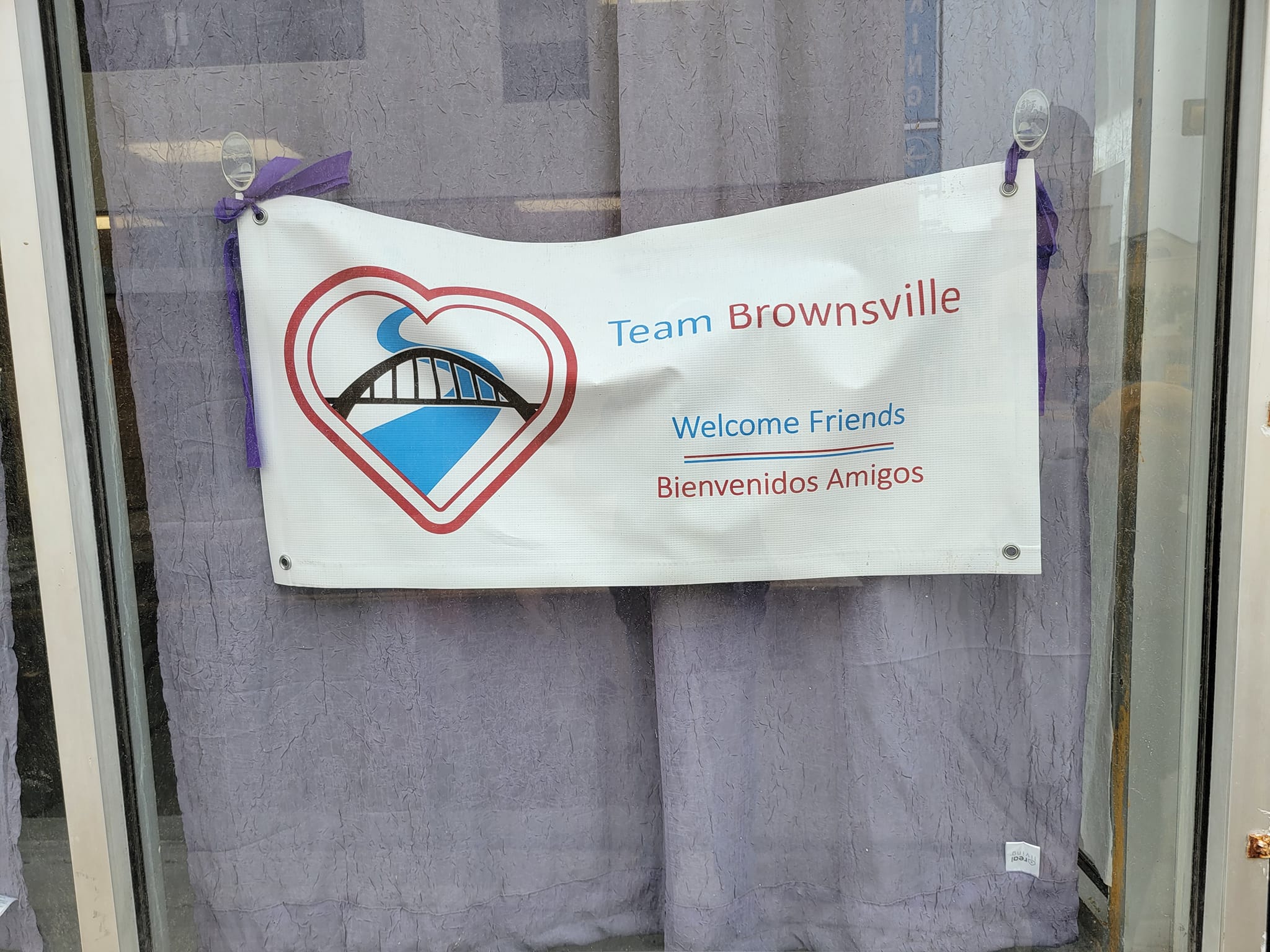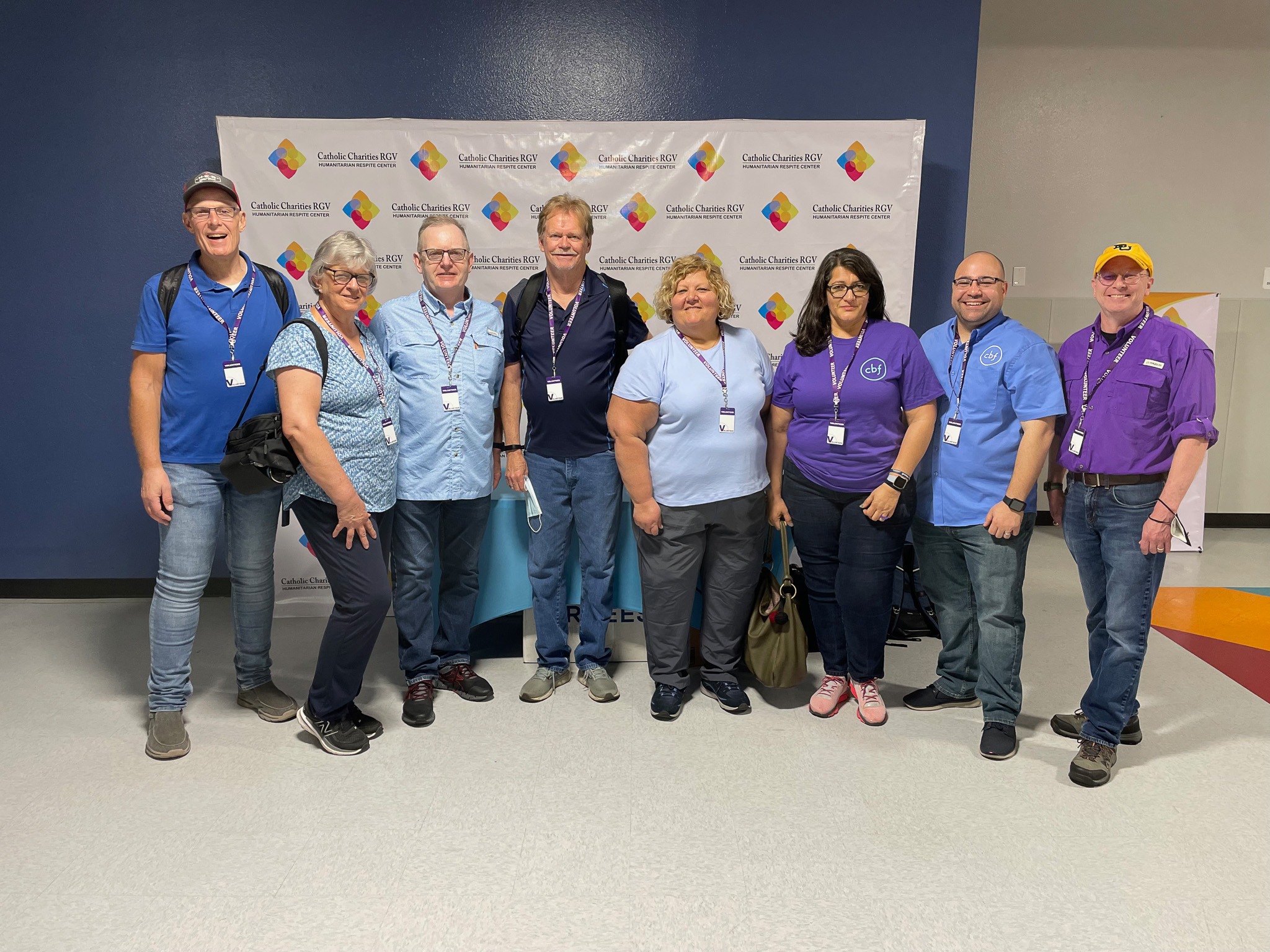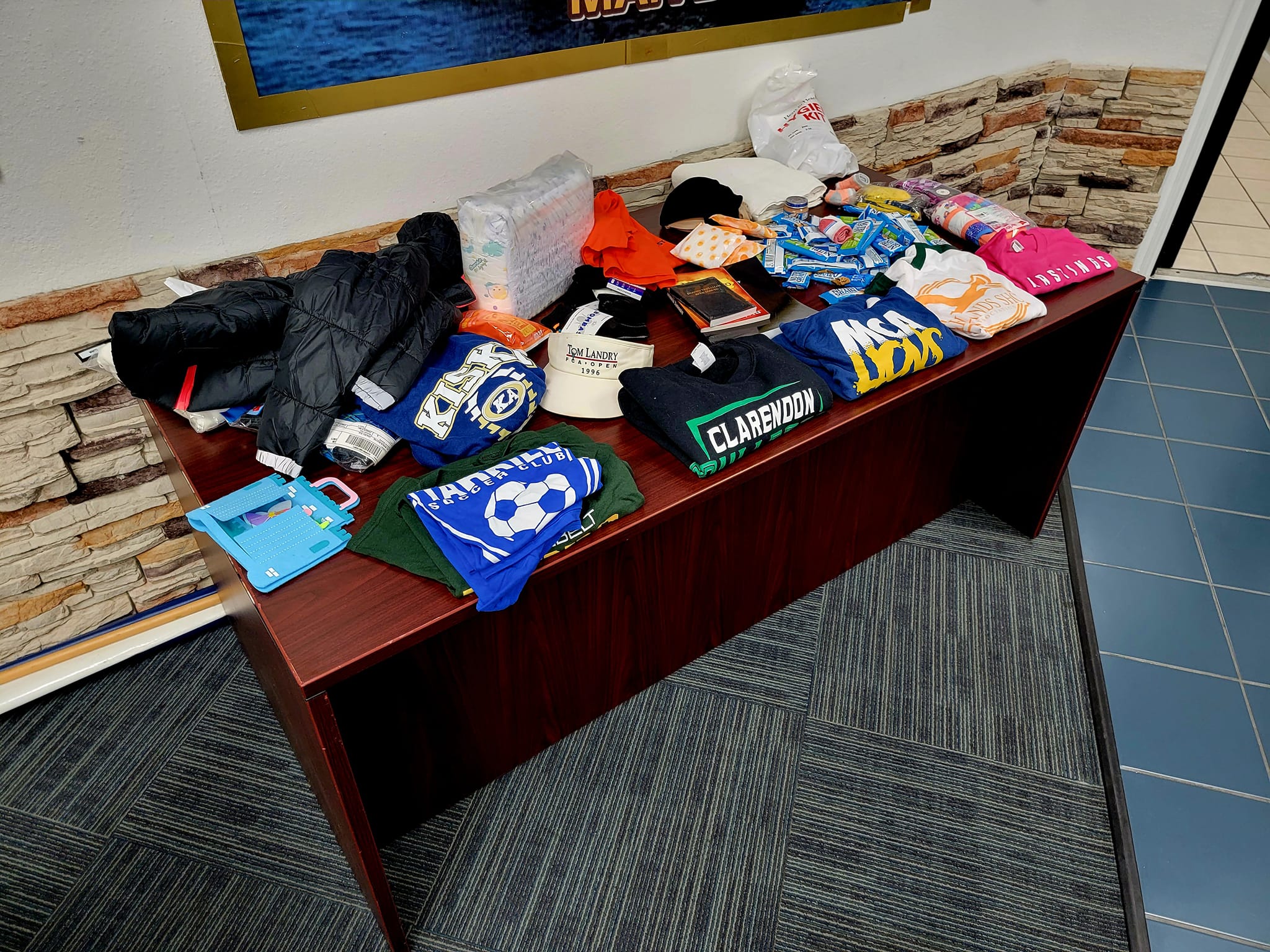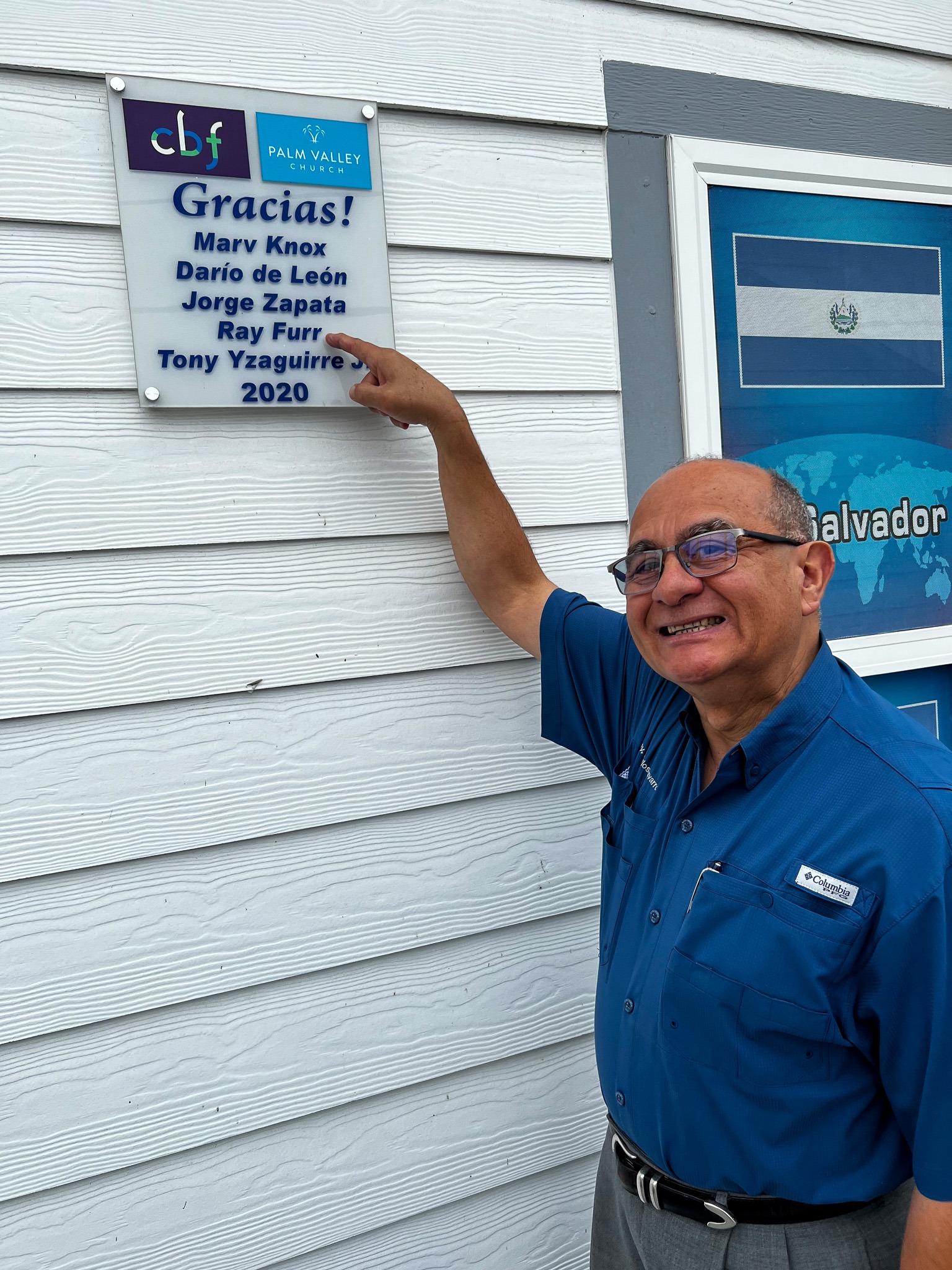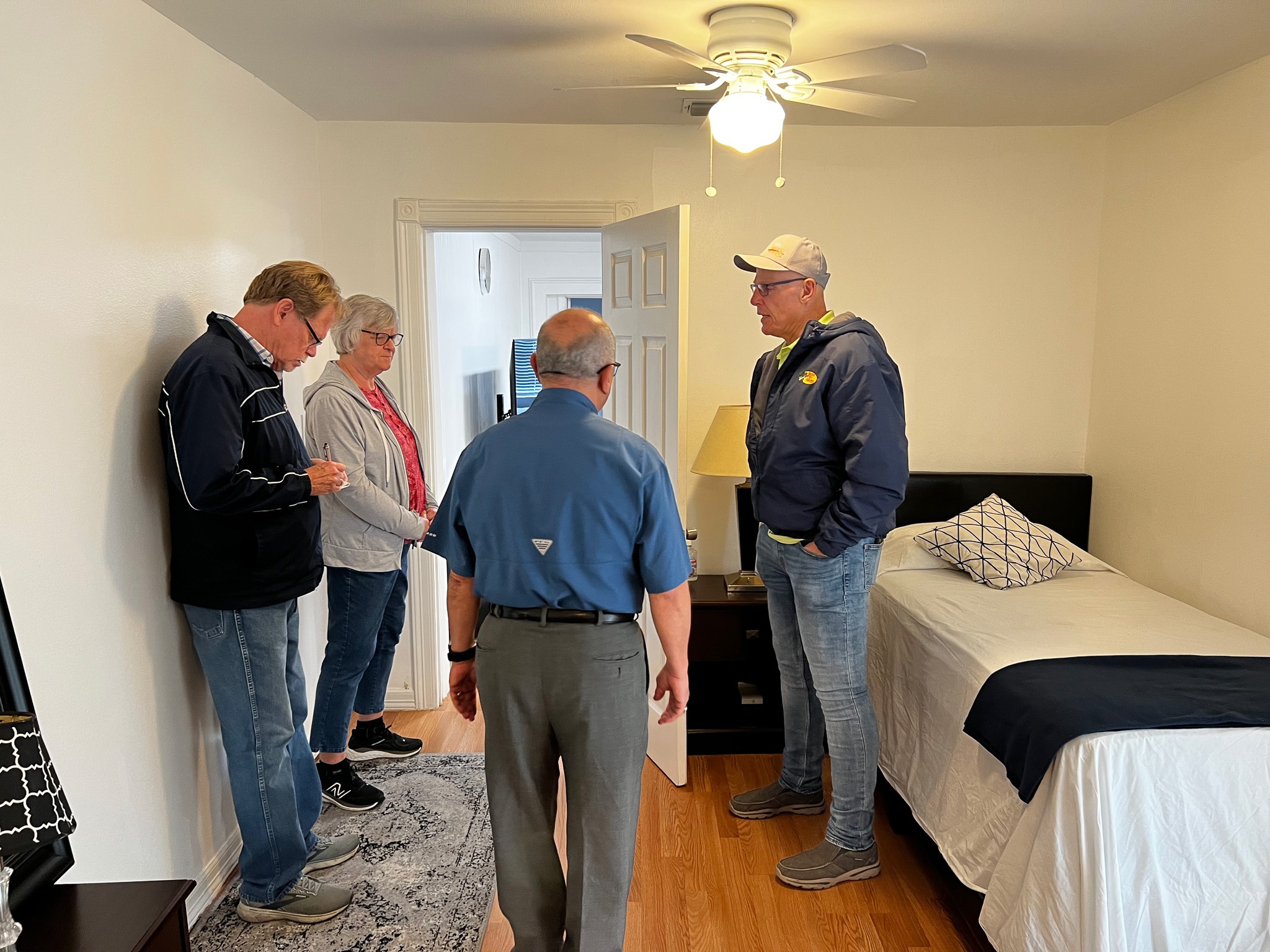By John Whisler
For the young couple fleeing political upheaval in Venezuela, the road to Texas was long and perilous. Often, it wasn’t even a road at all.
Most treacherous was a 66-mile snake-infested jungle crossing on the border between Colombia and Panama called the Darién Gap, the only overland path connecting Central and South America.
For days, the couple trekked through dense rain forest, crossed rivers and scaled mountains, hauling bags of their worldly possessions through ankle-deep mud.
Along the way, they passed women carrying babies, unaccompanied children – and witnessed a man fall to his death.
Misery became their best friend.
But to Yenise and Rainier, the desperate attempt to cross one of the world’s most dangerous migration routes was worth the risk.
Like the thousands of migrants who came before them, they landed in the United States in search of work and safety.
And a pathway to a better life.
For more than an hour, the couple recounted their harrowing two-monthlong journey to a group of visitors who had gathered at the Catholic Charities Respite Center in McAllen, one of many such facilities in the region where migrants who have entered the country legally can come for food, clothing, a comfortable bed – and hope – while awaiting their asylum hearing.
Hosted by CBF field personnel and immigration attorney Elket Rodriguez, and Ellen Sechrest, CBF’s director of Global Missions Church Engagement, the group included three people from San Antonio, two from Georgia and one from Florida.
They came in hopes of a better understanding of our immigration system, of witnessing the presence of God in the work there and becoming an advocate for immigration reform.
A retired newspaperman in San Antonio, I went looking for inspiration and understanding. What I found was both.
But I also found a complicated and broken immigration system that, in the midst of a bitter political debate, often based on fear and misinformation, is in dire need of reform.
The emotional three-day, four-night trip took us to Harlingen, McAllen and Brownsville. We weren’t allowed to personally witness asylum-seekers being processed at a U.S. Customs and Border Protection facility, but we got a good view of the vast efforts to ease the on-going humanitarian crisis along the border.
Once released by Immigration and Customs Enforcement officials, many asylum-seekers are welcomed at facilities like the Catholic Charities Respite Center as they seek to connect with family members and sponsors in New York, Chicago and other U.S. cities to await their due process.
I was struck by how clean the respite center was and while busy, on this day the numbers seemed manageable. Children kicked soccer balls on the tile floor while adults from Haiti, Nicaragua, Guatemala, and Honduras played cards and board games.
For the next several hours at least, the migrants could feel welcome and secure.
According to Rodriguez, the overall number of migrants gathering at ports of entry in the Rio Grande Valley is down.
One reason, he said, is Title 42, a public health law critics say has been used to deny people their legal right to claim asylum. Another reason is the controversial introduction of a complicated phone app, called CBP One, migrants now must use to apply for asylum.
U.S. Customs and Border Control statistics show overall southwest border encounters dropping 23 percent in March from the prior year, from 211,181 to 162,317.
“Those numbers will go up again,” Rodriguez said. “Change never stops on the U.S.-Mexico border.”
Our agenda included a visit to a colonia, an impoverished neighborhood outside the city limits in Donna where many residents lack basic public services like clean water or solid waste disposal. About 900 of the state’s 2,300 colonias are concentrated in the Rio Grande Valley’s Hidalgo County. Many residents are living there illegally.
A pack of mangy dogs that greeted us as we exited our van served as a metaphor for the area.
We also visited the border wall in Brownsville, an 18-foot high steel structure near the Gateway International Bridge, which eerily was not far from where two Americans were found dead across the border in Matamoros, in a case that made national headlines.
Stops at a border patrol station and immigration court rounded out an eye-opening three days.
But for me the most memorable stories involved the people we met, people like pastor Carlos Navarro, whose congregation at Iglesia Bautista West Brownsville teamed up with Fellowship Southwest in 2019 to build a respite center on the church’s campus.
Through the charismatic Navarro’s boundless energy and love, the center welcomes weary migrants for short stays after long and difficult journeys, supplying them with backpacks, hygiene kits and other essentials.
The center includes men’s and women’s bathrooms with showers, a kitchen and private bedrooms that are hotel quality.
It’s what God tells us to do, Navarro says.
“I was a stranger, and you took me in.” (Matthew 25:35)
One of the center’s buildings was designed and built by Ray Furr, a member of my church in San Antonio, Woodland Baptist.
Later, Navarro escorted us to the Good Neighbor Settlement House, where we passed out bottled water, hygiene kits and shoelaces to a group of Chinese migrants.
We are told a variety of factors have contributed to this sudden surge, including the reopening of China’s borders amid the recent relaxation of its COVID-19 restrictions.
We were surprised to see them, and if they were surprised to see us, they didn’t show it. Outside of looking a bit weary from the travel, they appeared grateful to be on U.S. soil.
The final respite center we visited, at Southwest Good Samaritan Ministries in Los Fresnos, was run by pastor Feliberto Pereira, who comes by his compassion naturally.
Our group gathered in a conference room and listened intently as he told his story.
A former Cuban exile in the 1960s, Pereira was sentenced to 1,431 days of forced labor and tortured by the Castro regime for being a follower of Christ.
“They pointed a gun to my chest if I said the wrong thing,” he said. “I lost my temper and yelled, ‘I am not afraid of you. My religion is not for sale. And I will never betray by Christ or my church.’”
At 86, Pereira has dedicated his life to helping other refugees.
But the memory that defined the trip for me involved the young Venezuelan couple, who cheated death to pursue their dream of a new life in America.
The worst was behind them, but their troubles were far from over.
Their sponsor in New York City had a change of heart after the couple arrived in the United States.
Suddenly, the future that appeared so clear was uncertain again.
Sobbing softly, saying little, Yenise finally let go. The emotions that had been building up came tumbling out.
There to comfort her was a woman in our group, Pillar Castrillo, a fellow refugee from Venezuela who has been waiting eight years for her asylum hearing while living in Florida.
As the two embraced, the tears flowed. Yenise had waited two months for this hug.
Catholic charities eventually stepped in to arrange a flight to New York and found the couple temporary shelter.
The couple’s belongings were lost in the Darién Gap. And they had no money. They say they began their trip with $2,000 apiece but had to pay a series of bribes (“mordidas”) in Mexico in order to continue their journey.
They would have to live with the constant threat of deportation. But by immigration standards, they were lucky.
